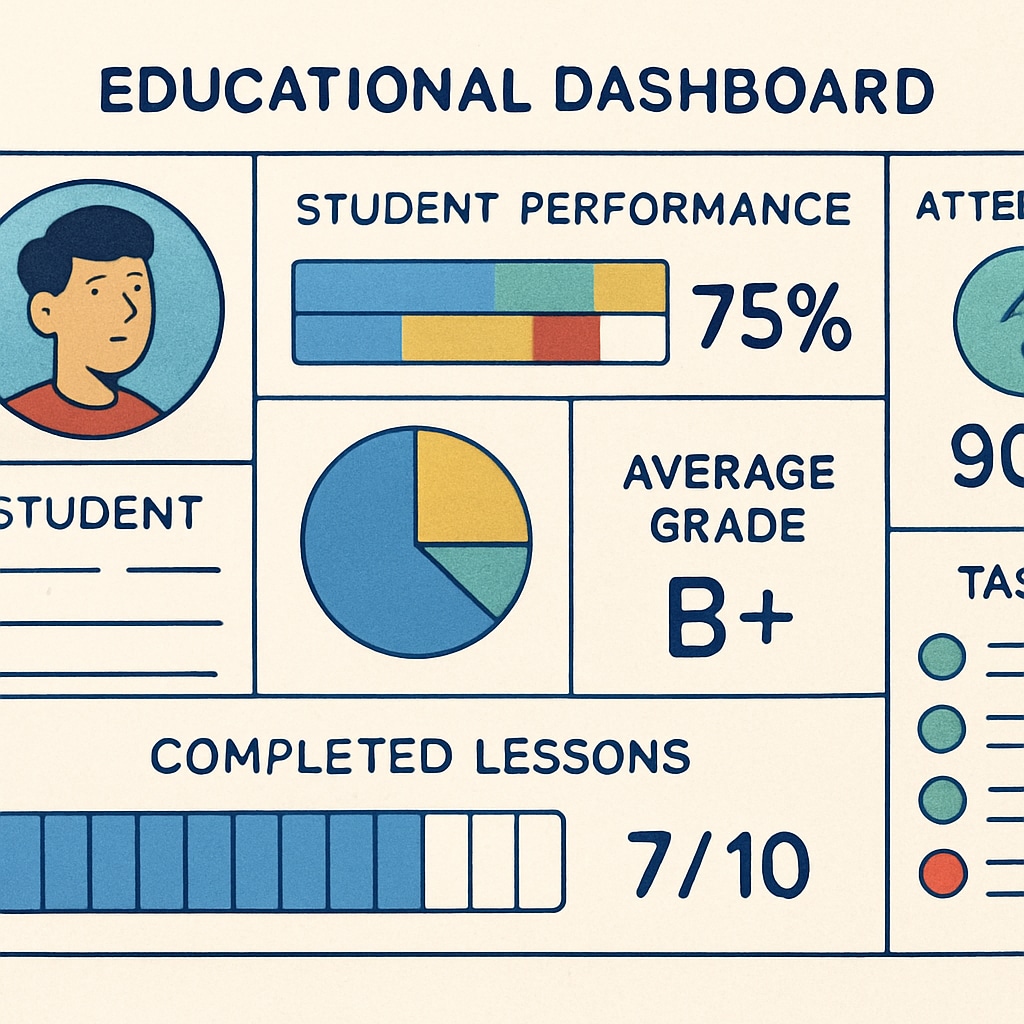Productivity applications with AI feedback and deep work tracking are reshaping K12 education by providing unprecedented insights into student learning patterns. These innovative tools combine machine learning algorithms with educational psychology to create personalized learning experiences. According to Wikipedia’s educational technology overview, such systems represent the third wave of digital transformation in classrooms.
The Science Behind Smart Learning Analytics
Modern educational platforms now incorporate three core technological advancements:
- Real-time progress monitoring through digital interfaces
- Adaptive feedback systems that adjust to individual learning speeds
- Predictive analytics that identify potential knowledge gaps

Implementing AI-Driven Feedback Systems
When properly implemented, these systems offer multiple benefits:
- Teachers gain actionable insights into class performance trends
- Students receive immediate, personalized guidance
- Administrators can monitor curriculum effectiveness
The Britannica article on AI explains how machine learning adapts to educational contexts. However, successful implementation requires careful planning to avoid overwhelming users with data.
As these technologies evolve, educators must balance technological possibilities with pedagogical best practices. The future of education lies not in replacing teachers, but in empowering them with better tools to understand and support each student’s unique learning journey.


